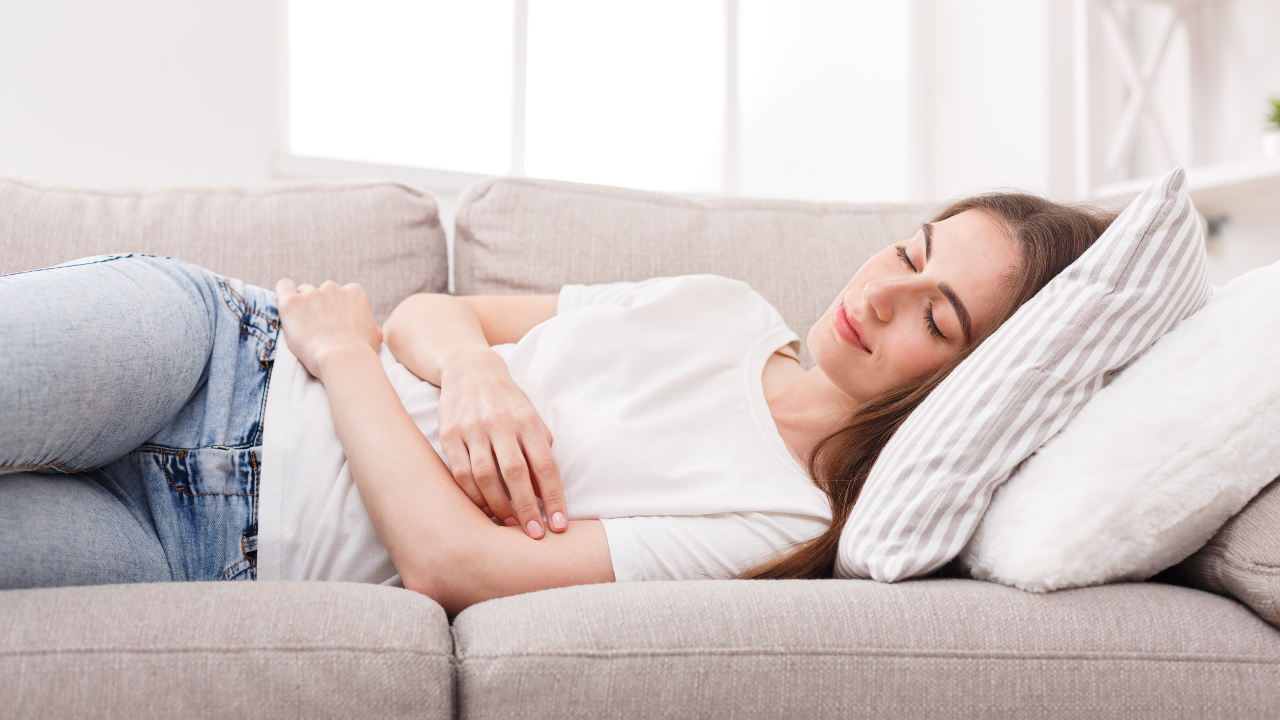-
news
-
Health
Power naps may outperform caffeine in making people feel on top of the world: Experts explain the science behind it
The refreshing effects of a power nap lie in its ability to provide the right amount of rest to re-energize the brain, reduce stress, and improve cognitive function. By taking mindful naps, you can enjoy a natural and effective energy boost.

Image – Canva
power nap It’s often celebrated as a quick and effective way to recharge, but why do some people feel more refreshed after one? Two leading experts shed light on the science behind this invigorating habit and how to get the most out of it.
The Science of Power Naps
Dr AP Singh, senior consultant, internal medicine, Yashoda Super Specialty Hospital, explains that the magic of power naps lies in their optimal duration – usually 10 to 20 minutes. “During this brief period, the brain enters the early stages of sleep, allowing it to rest and reset without going into deep slow sleep,” says Dr. Singh. This protects sleep inertiaOne often feels groggy after waking up from a long nap.
He says power naps also help low cortisol levelswhile reducing stress boost serotonina neurotransmitter associated with mood stabilization and relaxationThis combination promotes a feeling of peace and freshness. Dr. Singh says power naps are especially beneficial for people engaged in mentally demanding tasks, as they enhance memory, creativity and problem-solving abilities.
Dr. Arun Chaudhary Kotru, consultant, pulmonology and sleep medicine, Artemis Hospital, elaborates on the role of NREM (non-rapid eye movement) sleep during a power nap. “In the lighter stages of NREM sleep, the body gets enough rest to recharge the brain and body without feeling groggy,” he explains. Power naps also reduce neurotransmitters associated with adenosine sleep pressure and drowsinessWhich helps in removing mental fog and increases alertness.
benefits beyond comfort
“Research has shown that power naps improve productivity, sharpen reflexes, and reduce stress,” says Dr. Kotaru. Workplace studies also suggest the same Short naps may outperform caffeine When it comes to increasing focus and creativity.
Dr. Singh agrees that power naps are not a replacement for a good night’s sleep, but rather a complementary tool to combat fatigue, improve mood, and boost daytime productivity.
time and individual differences
Both experts emphasize the importance of timing. Dr. Kotarou recommends against napping too late during the day, as it can interfere with nighttime sleep, and warns against naps longer than 30 minutes, which can lead to sleep inertia.
Dr. Singh says individual factors, including sleep patterns and activity levels, influence how refreshing a nap feels. While 10 to 20 minutes works for most, some may benefit from a slightly longer nap, although this increases the risk of deep sleep.
Making the most of your power nap
For maximum benefits, both experts recommend creating a comfortable and distraction-free environment for your nap. Dr. Singh recommends incorporating power naps into a daily routine for a sustained energy boost, while Dr. Kotru points to the natural restorative power of mindful napping as a quick and effective way to refresh the mind and body. We do.
Get the latest news live on Times Now with breaking news and top headlines from around the world.


